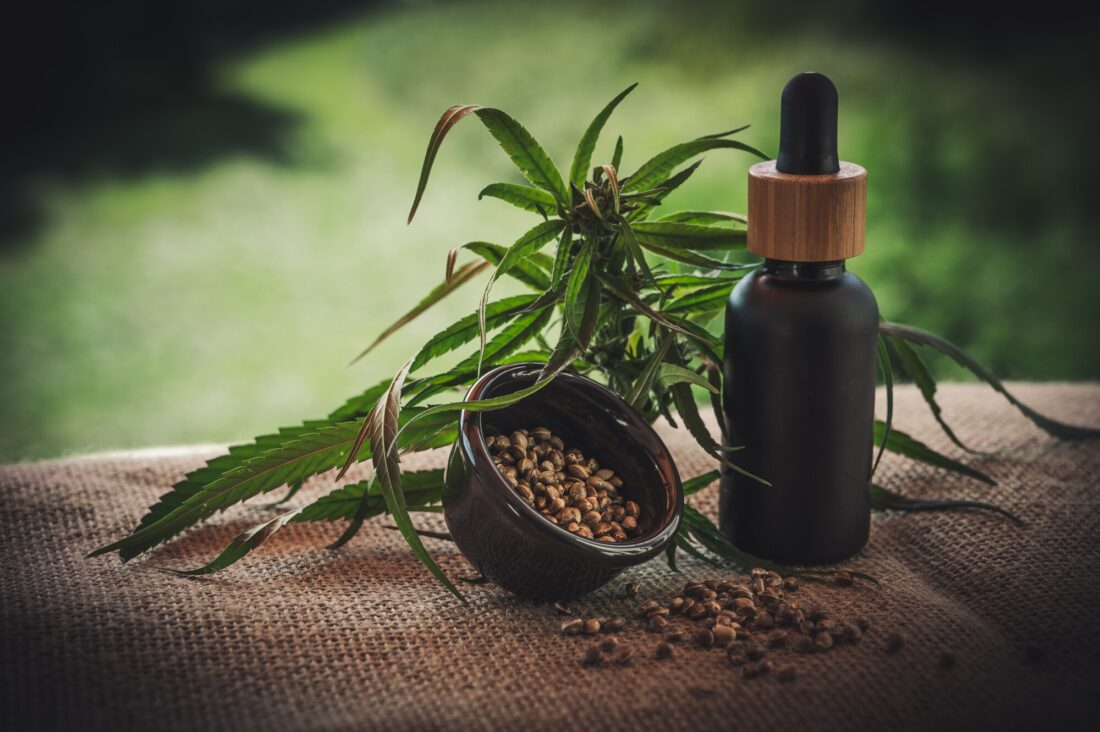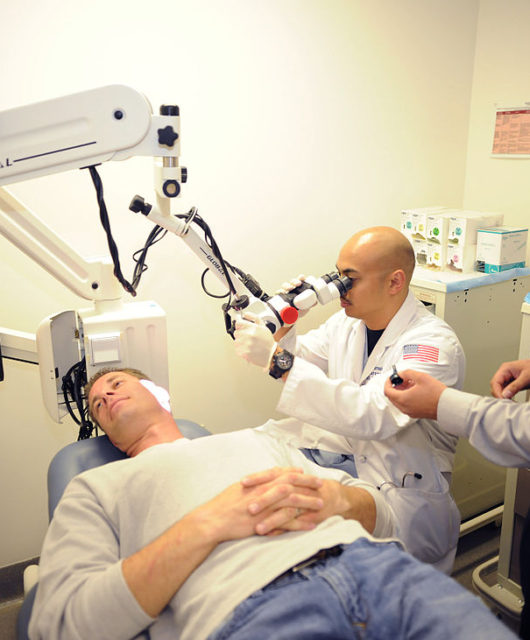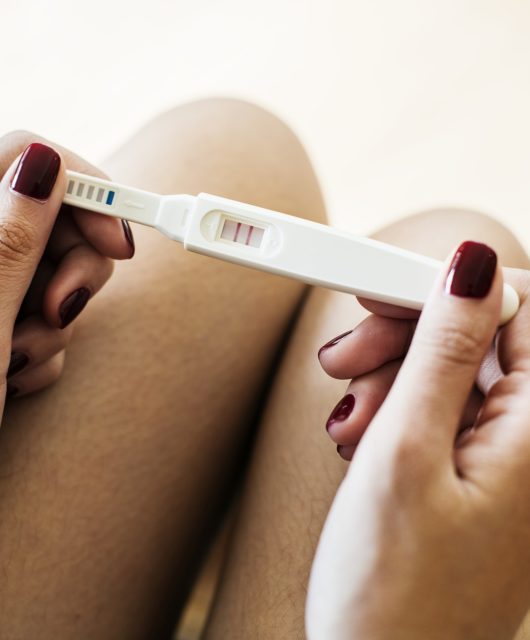Broad Spectrum CBD vs Isolate
 Did you know that one in seven American adults uses CBD products?
Did you know that one in seven American adults uses CBD products?
If you’re ready to jump on the CBD bandwagon, it’s understandable if you have some questions. After all, the market is flooded with CBD oils, edibles, and topicals.
How do you know which products are right for you?
One of the most important decisions you need to make is whether or not you want to use CBD on its own. Some products feature CBD isolate, while others (broad spectrum and full spectrum) include dozens of other cannabinoids.
Are there advantages to using one type of CBD over another? In this post, we’ll discuss the differences between full spectrum vs broad spectrum CBD vs isolate so you can make an informed decision.
Read on to learn more!
What’s in a Cannabis Plant?
Before we explain the different types of CBD, let’s make sure we’re clear on what exactly CBD is (and isn’t).
CBD comes from cannabis, a broad term that includes the hemp plant and its more famous cousin, marijuana. It’s one of the hundreds of naturally-occurring cannabinoids found in both types of cannabis plants.
Why is there suddenly so much interest in CBD? Research suggests that CBD may be helpful for a variety of conditions, from pain relief to anxiety to eczema.
Unlike THC, a closely related compound, CBD does not make you high. Because of this, hemp-based CBD is now legal in all 50 states.
Here’s where it gets tricky, though. Hemp and marijuana also contain hundreds of other compounds (cannabinoids and terpenes) that may have a beneficial effect.
Depending on the type of CBD product you buy, it may or may not contain these extra compounds. And depending on where you live, these extra compounds (such as THC) may or may not be legal.
The best product for you depends on your reasons for taking CBD, as well as the current laws in your state.
Now that you have a basic overview, let’s take a closer look at isolate, broad spectrum, and full spectrum CBD.
What Is CBD Isolate?
As the name suggests, CBD isolate is a product that contains only CBD in its purest form. When you buy wholesale CBD isolate, you’re getting a pure powder without a trace of the hemp plant it’s sourced from.
Because CBD isolate is so refined, it’s completely odorless and tasteless. You can add it to any food, drink, or oil without altering the color, flavor, or smell.
The most important thing to note about CBD isolate is that it contains no THC or other compounds. It has no psychoactive effect on the user, and it will not show up in a drug test.
For anyone who wants to try CBD but avoid THC for legal, ethical, or other reasons, isolate could be a great introduction.
What Is Broad Spectrum CBD?
Broad spectrum products are the “middle child” of the CBD world.
Clearly, they contain CBD sourced from hemp or marijuana. They also contain other beneficial compounds and terpenes that naturally occur in the plant.
However, broad spectrum CBD products contain zero (or trace amounts of) THC. By law, any broad spectrum CBD product must contain less than 0.3% THC.
What Is Full Spectrum CBD?
Full spectrum CBD is the Big Kahuna of the CBD world. Typically sourced from marijuana, these products contain all cannabis plant compounds.
This includes CBD, terpenes, and other cannabinoids — yes, including THC.
For the product to be federally legal, it must still contain less than 0.3% THC. In states that have legalized marijuana for medicinal or recreational use, you can find full spectrum products with higher THC levels.
CBD & THC: The Entourage Effect
CBD sounds pretty great on its own, so why would someone want a product that includes THC and other compounds?
The answer lies in a phenomenon known as the “entourage effect.” This is the idea that CBD and THC work well on their own, but they work even better together.
Is there any science to back up this theory? Absolutely! One study found that a combination of cannabis compounds can help with pain, inflammation, and anxiety.
What about the link between CBD, THC, and mental health? Another study suggests that terpenes and flavonoids boost CBD’s neuroprotective effects.
If you’re interested in the entourage effect offered with broad spectrum or full spectrum CBD, do a bit of research first. You’ll want to make sure you’re compliant with the cannabis laws in your area.
How Should You Take CBD?
CBD isolate generally comes in pure powder form. The idea is to measure and add it to oil, food, or a beverage.
With broad spectrum and full spectrum products, you have a little more variety. Edibles such as gummies or mints are increasingly popular because they’re discreet and easy to measure.
Others prefer a sublingual oil, spray, or lozenge. Simply measure the amount you want, place it under your tongue, and let your body absorb it.
For targeted relief from pain and inflammation, a topical CBD product might be best. Choose from oil, balm, or lotion and apply it directly to the problem area.
It’s also possible to smoke or vape CBD, although this may cancel out any health benefits you’re hoping to achieve.
Broad Spectrum CBD vs Isolate: Which Will You Choose?
To briefly recap our discussion, CBD isolate on its own can be a terrific option for some conditions. It also removes any legal or ethical concerns about using a product with THC.
Some research, however, suggests that the entourage effect of CBD combined with THC makes broad spectrum or full spectrum CBD the best option.
Ultimately, the choice between full spectrum CBD vs broad spectrum CBD vs isolate comes down to you.
Now that you’re well-versed in the different types of CBD products, what’s next? Keep browsing our site for more great reads!
Look for CBD products at reputable dispensaries, such as this Santa Rosa dispensary. Now that you’re well-versed in the different types of CBD products, what’s next? Keep browsing our site for more great reads!









